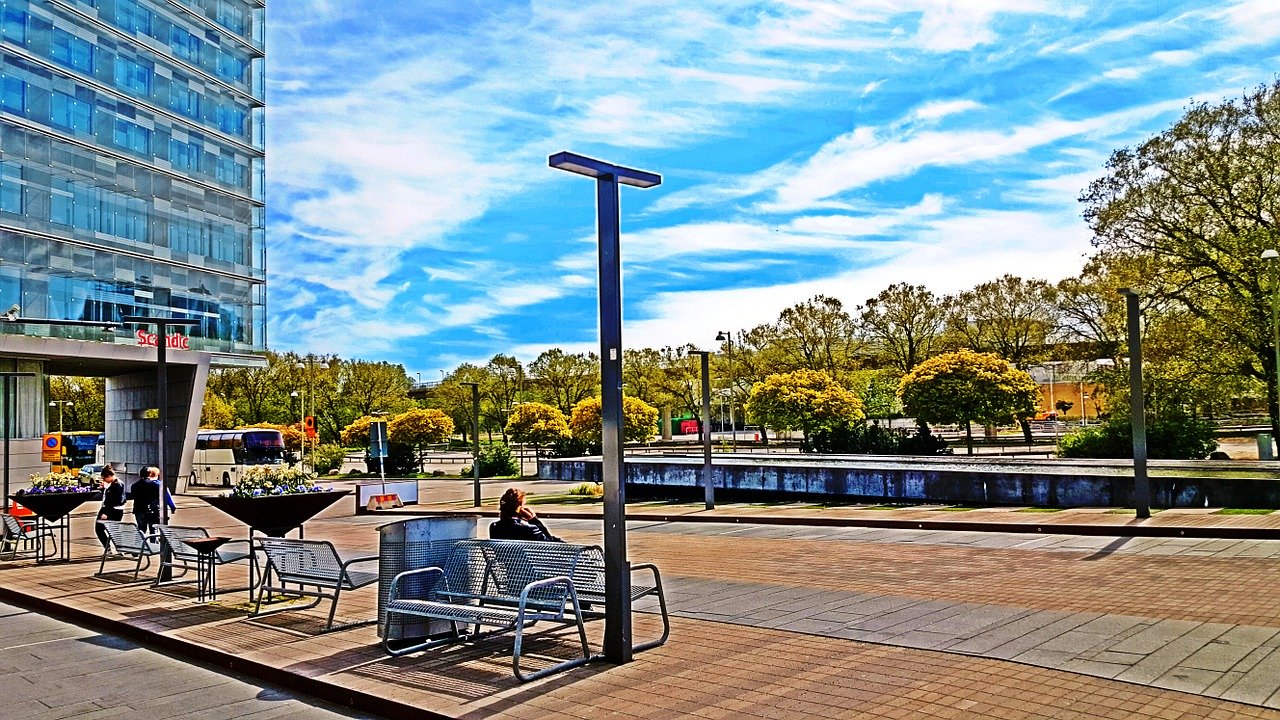In this May 17, 2020 interview with RNZ, Johan Giesecke, physician and professor emeritus at the Karolinska Institute in Sweden, offers a clear explanation of the Swedish approach, their bases for their decision, as well as the future advantages their approach offers.
Editor’s Note: We cite this article here despite its age because some countries are still on lockdowns, and a number of Giesecke’s pronouncements have materialized. For example, we are now seeing an increase in coronavirus infections as some lockdowns are eased – a clear proof that countries that locked down have not truly controlled the spread of the virus, but rather, moved the eventual infection of citizens at a later time.
Giesecke also said in the article that natural collective immunity is still the best protection against the coronavirus. Today, some researches are showing cross immunity – exposure to other coronaviruses offers some immunity to SARS-COV-2 [read Immune systems of recovered COVID-19 patients recognize SARS-COV-2].
This interview with Giesecke offers to us a discussion of the science Sweden used to decide on its approach. From this, we can see clearly that lockdowns were no more than wide-scale experiments [evidence shows that this experiment has failed, see Science Has Spoken: End The Lockdown], and has caused more problems than they resolved.
If your country is still on a lockdown to this day, then you should start asking yourself why your government insists on using this failed experiment. If you need more information to understand why lockdowns did not work, you can begin your study by reading END THE LOCKDOWNS! Stop It Outside By Ending The Lockdowns Inside Us.
Read Online
Click the button below if you wish to read the article on the website where it was originally published.
Read Offline
Click the button below if you wish to read the article offline.
